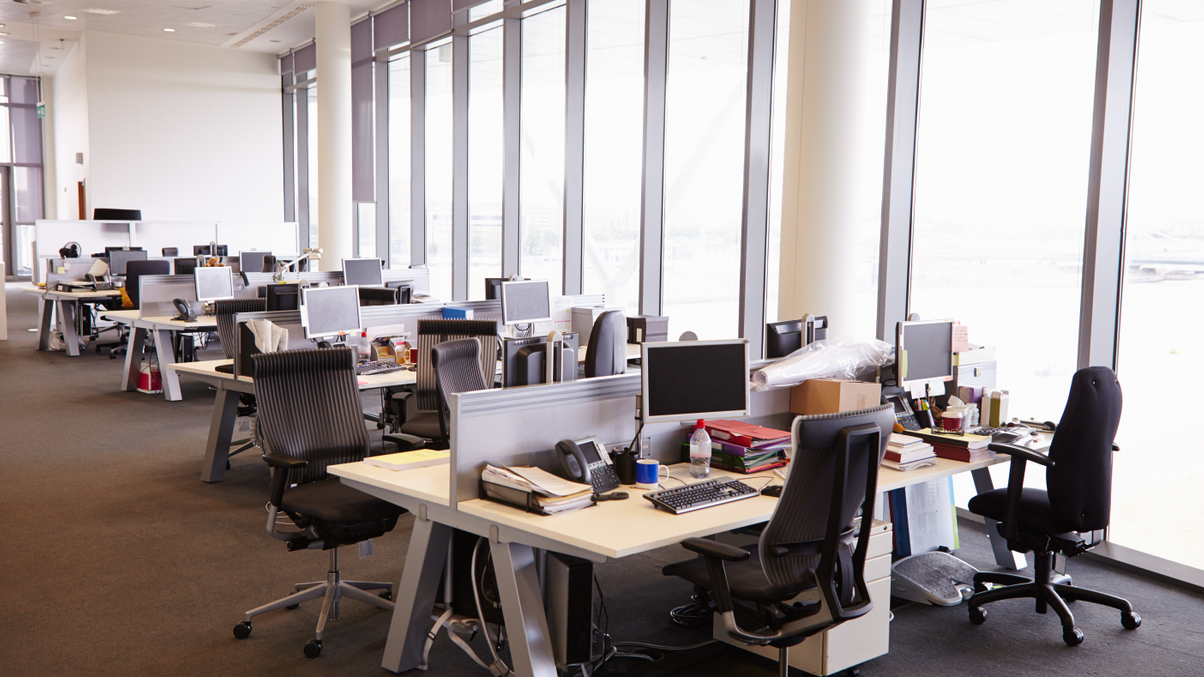Market views: Will fund houses reopen offices as usual?
Countries are still reporting new Covid-19 cases, and the path to full recovery is uncertain. Four fund houses explain how they have kept running and what's next, post-pandemic.

While the Covid-19 infection curve appears to be flattened in some countries, there is still a sizeable risk that the coronavirus will spread further is not to be underestimated. This appears especially likely when several nations’ attempts to develop an accessible vaccine have flopped, dashing hopes for a quick reopening of the global economy.
Sign in to read on!
Registered users get 2 free articles in 30 days.
Subscribers have full unlimited access to AsianInvestor
Not signed up? New users get 2 free articles per month, plus a 7-day unlimited free trial.
¬ Haymarket Media Limited. All rights reserved.


